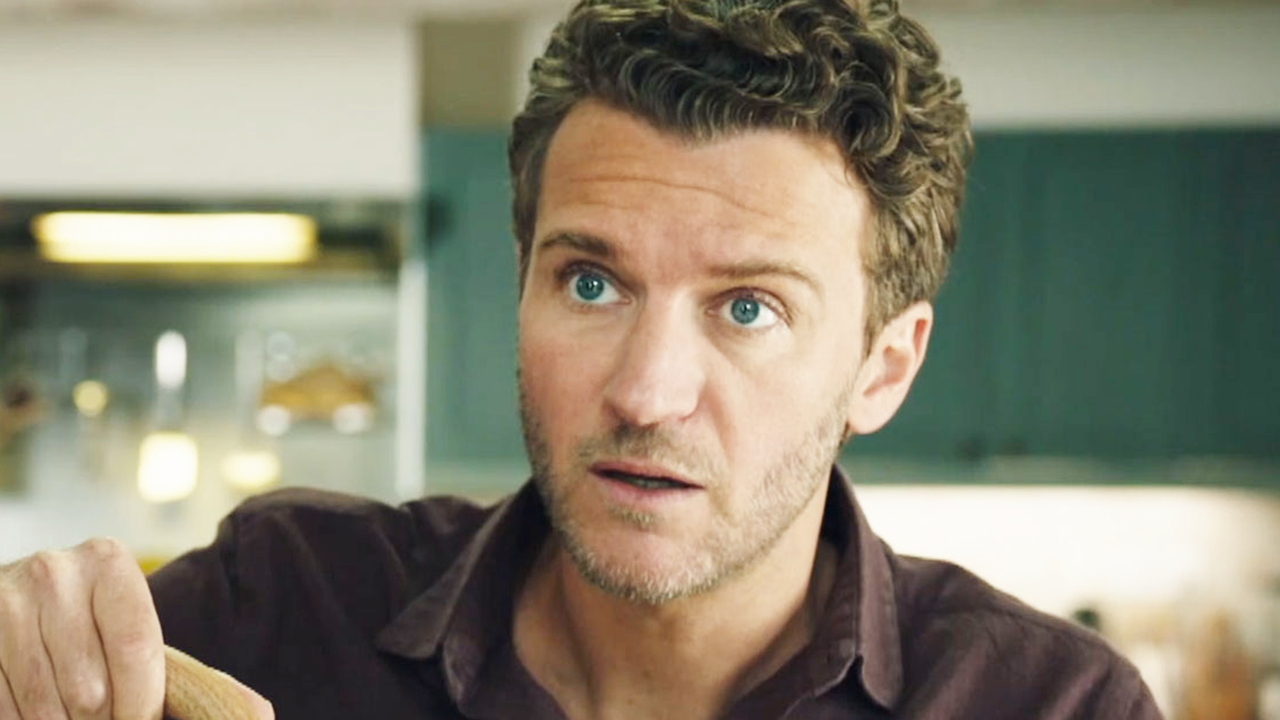Research indicates that addictions can be influenced by genetics and a wide variety of environmental factors, including peer pressure, early substance exposure, and physical or sexual abuse.
html[data-range=”xlarge”] figure image img.img-3821b50d0167b5e41c4d5dfc3a3e215dl1qp369l { width: 774px; height: 435px; }HTML[data-range=”large”] figure image img.img-3821b50d0167b5e41c4d5dfc3a3e215dl1qp369l { width: 548px; height: 308px; }HTML[data-range=”small”] figure image img.img-3821b50d0167b5e41c4d5dfc3a3e215dl1qp369l, html[data-range=”medium”] figure image img.img-3821b50d0167b5e41c4d5dfc3a3e215dl1qp369l { width: 564px; height: 317px; }
In the 1990s, some drug companies began using the term “addictive personality” — perhaps ironically, to promote addictive anesthetic drugs.
In the marketing campaign for the controlled opioid OxyContin, for example, the American pharmaceutical company Purdue Pharma instructed its representatives to tell doctors that only people with an “addictive personality” were at risk of developing addiction, even if they knew that the drug was highly addictive and that substance abuse was frequent.
Addictive drugs, such as OxyContin and the opioid fentanyl, are thought to be responsible for fueling the opioid crisis in the United States, which has claimed more than half a million lives between 1999 and 2020.
The idea that your personality determines whether or not you become addicted to a substance “has served the pharmaceutical industry very well,” says Ian Hamilton, a professor specializing in addictions at the University of York in the UK.
“It sort of relieved them of responsibility.”
“The message is, ‘If you’re weak enough to develop a problem with our product, it’s because of your personality, it has nothing to do with us.’
But does this addictive personality exist in reality? Are there people who are actually more likely to develop addiction?
Many psychiatrists and addiction experts say there is no scientific evidence to support this idea. They also caution that this is a harmful concept, as it indicates that people have little or no control over addiction.
They point out that there are some relationships between certain personality traits and addiction, but that these are far more complex than what is often indicated by the phrase “addictive personality.”
Symptom of other problems

Renowned Addiction Behavioral Professor Mark Griffiths at Nottingham Trent University in the UK describes the “addict personality” as a “complete myth”.
“For there to be an addictive personality, what you’re saying is that there is a trait that predicts addiction and only addiction,” says Griffiths.
“There is no scientific evidence that there is a trait that predicts addiction, and only addiction.”
Addictive personality “is a black and white way of thinking about something very complex,” says psychiatrist Anshul Swami, an expert on mental health and addiction at Nightingale Hospital in London.
“There is no such thing as a personality type [que preveja a adicção]and no two dependents are alike.”
That’s not to say that some personality traits aren’t associated “with acquiring, developing, and maintaining addictive behaviors,” Griffiths says.
Neuroticism, for example, is often associated with many forms of addiction. Neuroticism is one of the Big Five personality traits. It defines the extent to which a person reacts to perceived threats and stressful situations.
Highly neurotic people are anxious and prone to negative thoughts.
According to an analysis of 175 studies, substance use disorders are associated with high levels of neuroticism and low levels of conscientiousness (the extent to which a person demonstrates self-control). And research has concluded that behavioral addictions, such as compulsive shopping and Internet and exercise addiction, are also associated with neuroticism.
“If you’re neurotic, you’re very anxious,” Griffiths says.
For him, “people tend to engage in addictive behaviors or use substances as a way to manage their neurotic traits. Most addictions are a matter of coping [com as situações]and are symptoms of other underlying problems, such as depression or neuroticism.”
But Griffiths says there is no research showing that all people with addiction have neuroticism.
“I can find a lot of people who are neurotic and not addicts,” she says.
“Neuroticism is associated with addiction, but it’s not a prophetic trait.”
Hamilton suggests that when it comes to substance addiction, it can be “fiendishly difficult” to figure out which comes first.
“What you’re seeing is high rates of depression or anxiety among people who become addicted to drugs. But it becomes a chicken and egg thing,” she says.
“Did neuroticism push the person to drugs or did addiction to cocaine over a long period of time damage his state of mind?”
For Swami, addictions “have many nuances and factors.”
Research indicates that addictions can be influenced by genetics and a wide variety of environmental factors, including peer pressure, early substance exposure, and physical or sexual abuse.
A 2018 study concluded that the ancient retrovirus HK2, which is close to the gene involved in the release of the substance dopamine, is most often found in drug addicts.
The researchers concluded that people suffering from substance abuse disorders are two to three times more likely to have HK2 integrated into their genome, indicating a strong association with addiction.
Swami points out that this study provides no evidence that some people have a “more compelling personality” than others.
“This preliminary discovery about HK2 doesn’t explain why more and more patients develop addiction later in life,” he says.
“If they had [o HK2]and was associated or caused [da dependência]surely she would have expressed herself sooner.”
Gender is another risk factor for developing addiction. In the United States, 11.5% of men and boys suffer from substance abuse, compared to 6.4% of women and girls.
The reasons are several, according to Hamilton.
“Men, especially teenagers, tend to take more risks and be more impulsive,” she says.
Impulsivity is another trait associated with addiction. But Hamilton cautions that underreporting can be significant, as fewer women seek care, due to childcare issues and stigmatization.
Research shows that a person’s environment and upbringing also greatly influence the risk of developing addiction.
One study concluded that opioid users are 2.7 times more likely to have a history of childhood, sexual, physical, or both abuse than non-users.
According to one study, people who had four adverse childhood experiences, such as physical, sexual or emotional abuse, or the loss of a parent, were three times more likely to develop alcohol problems in adulthood. Study 2022.
“Psychosocial factors such as violence, sexual abuse and emotional neglect are strongly associated with addiction,” Swami notes.
“Many people will say, ‘I have a history of addiction, it’s because of my genetics.’ But when you dig into the medical history, you realize there was a lot of drinking and neglect and abuse and trauma and deprivation,” he explains.
“This is passed down from generation to generation and manifests itself in the form of addiction.”
Despite the lack of scientific evidence, the term “dependent personality” continues to be widely used.
“We have to be careful with language because people internalize it,” says Ian Hamilton.
“The idea of the addictive personality takes away all hope. It says ‘this is the path you should take and you have no control over it.’
Anshul Swami agrees that the concept is unrealistic and “fatalistic”.
“It prevents people from taking responsibility, taking responsibility for the problem and finding constructive solutions to improve,” he says.
For Mark Griffiths, many addicted people will use the idea of the addictive personality as an “justification for their behavior.” According to him, “when someone says ‘I have an addictive personality,’ what they’re really saying is ‘I will never be able to cure myself.'”
“Addiction is a very complex biological, psychological and social disease, like any other disease on the planet,” says Swami.
“Everyone is looking for a simple answer, but it doesn’t exist.”
The BBC has contacted Purdue Pharma for comment, but the drugmaker has been restructured following bankruptcy proceedings.
read the original version of this report (in English) on the website Future of the BBC.
Source: Terra
Ben Stock is a lifestyle journalist and author at Gossipify. He writes about topics such as health, wellness, travel, food and home decor. He provides practical advice and inspiration to improve well-being, keeps readers up to date with latest lifestyle news and trends, known for his engaging writing style, in-depth analysis and unique perspectives.








